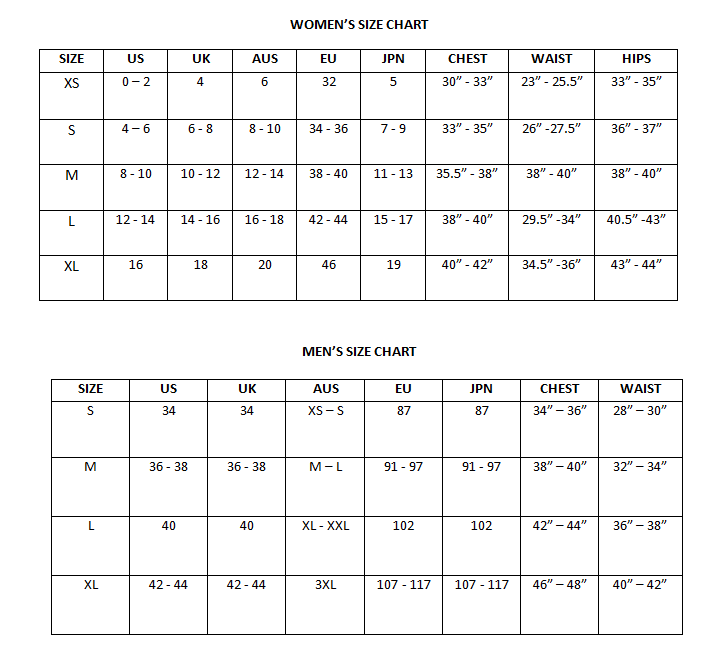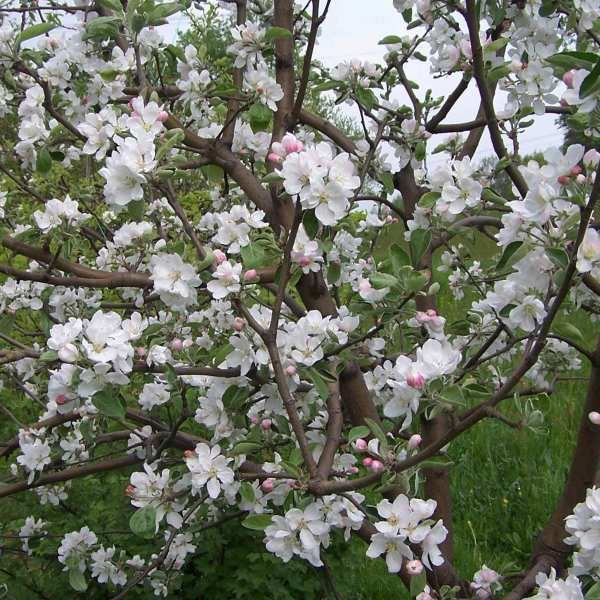Malus Domestica Seeds (Apple Tree Seeds)
Malus Domestica Seeds (Apple Tree Seeds)
Deciduous fruit tree producing delicious apples.

Delivery
All orders shipped with UPS Express.
Always free shipping for orders over US $250.
All orders are shipped with a UPS tracking number.
Returns
Items returned within 14 days of their original shipment date in same as new condition will be eligible for a full refund or store credit.
Refunds will be charged back to the original form of payment used for purchase.
Customer is responsible for shipping charges when making returns and shipping/handling fees of original purchase is non-refundable.
All sale items are final purchases.
Help
Give us a shout if you have any other questions and/or concerns.
Email: contact@domain.com
Phone: +1 (23) 456 789
Availability: In stock
SKU
Malus Domestica
Malus domestica, commonly known as the apple tree, is a deciduous fruit tree prized for its sweet and nutritious apples. Native to Central Asia, it has been cultivated worldwide for centuries.
This tree typically grows between 3 to 12 meters (10 to 40 feet) in height, depending on the variety and pruning. It develops beautiful white to pink blossoms in spring, followed by fruit that ripens in late summer to autumn.
Apple trees prefer well-drained, fertile soil and a location with full sun for optimal fruit production. They thrive in temperate climates and require a period of winter chill to ensure proper flowering and fruiting.
With proper care, *Malus domestica* will provide abundant harvests for years, making it an excellent choice for home orchards and edible landscapes.
| Common name | Apple tree |
|---|---|
| Genus | Malus |
| Species | Malus domestica |
| Germination | Malus Domestica seed is best sown as soon as it is ripe in the autumn in a cold frame. They usually germinate in late winter. Stored seed requires cold stratification for 3 months at 1øc and should be sown in a cold frame as soon as it is received. It might not germinate for 12 months or more. Prick out the seedlings into individual pots as soon as they are large enough to handle. If given rich compost they usually grow away quickly and can be large enough to plant out in late summer, though consider giving them some protection from the cold in their first winter. Otherwise, keep them in pots in a cold frame and plant them out in late spring of the following year. Germination can take longer. Be patient! |
| Price View | Price Range |

